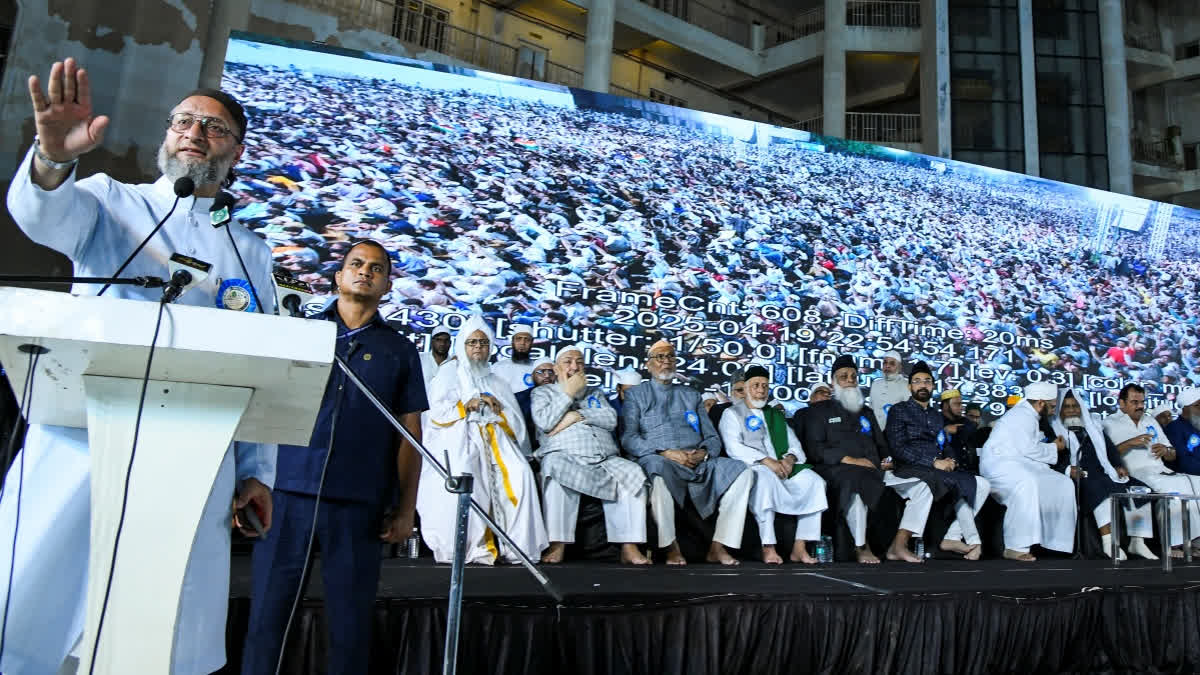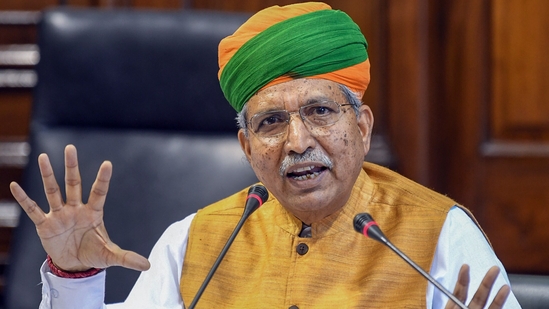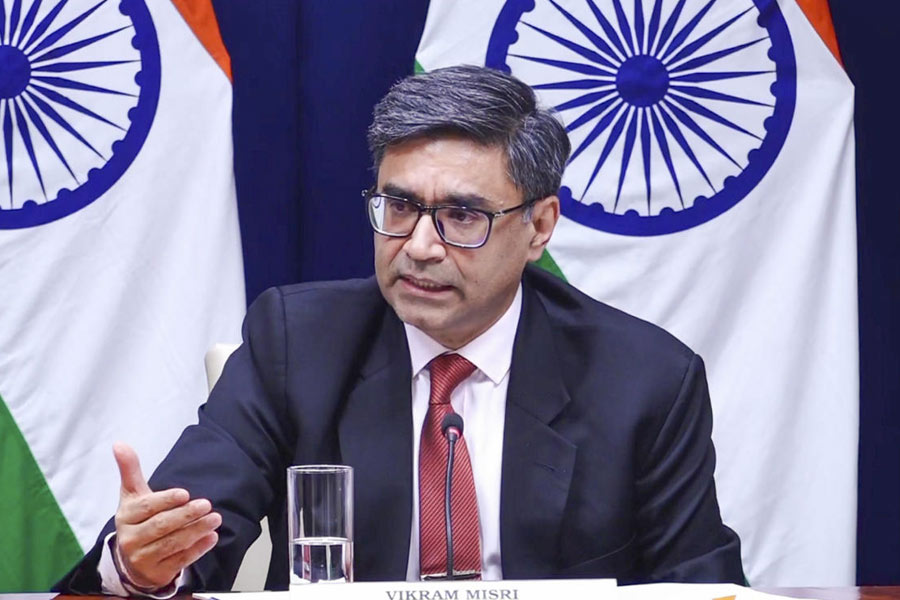Donald Trump could sign revised travel ban as soon as Monday: US official
Sun 05 Mar 2017, 12:22:23
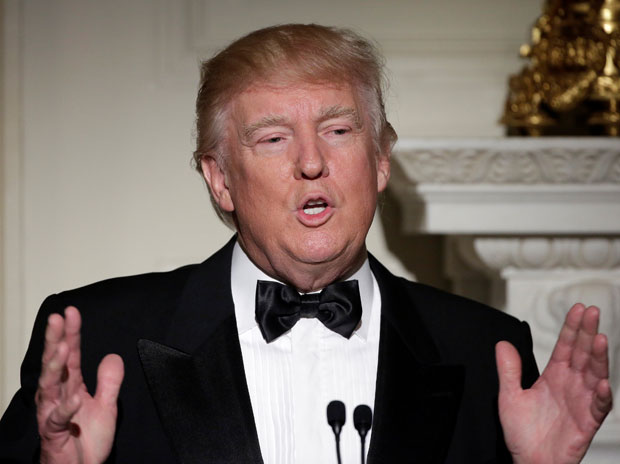
US President Donald Trump may sign an updated executive order banning travel from certain Middle Eastern and African countries early next week, possibly as soon as Monday.
Trump was scheduled to sign the order last week but pushed it back after his joint address to Congress on February 28 received overwhelmingly positive reviews.
Sources told CNN on Saturday that Secretary of State Rex Tillerson, Secretary of Defence James Mattis and National Security Adviser H R McMaster have all advocated for Iraq to be removed from the administration's list of banned countries in the new executive order for diplomatic reasons, including Iraq's role in fighting the Islamic State (IS) terror group.
Homeland Security Secretary James Kelly also supported the move, but it remains unclear whether the White House has made a final decision on the issue.
The news of the pending announcement came as lawyers for the Justice Department stated in a court filing this week that the President plans to formally "rescind" the old travel ban and replace it with "a new, substantially revised" executive order.
The sources said they expected that the President will revoke the original travel ban despite repeated statements from White House press
secretary Sean Spicer that the new executive order would co-exist with the old one on a "dual track".
secretary Sean Spicer that the new executive order would co-exist with the old one on a "dual track".
The Justice Department previously indicated in court filings that a new executive order was on the way, but in a new legal filing on March 2, it provided more clarity on the administration's current decision-making on formally rescinding the existing travel ban.
In a written order granting the Trump administration a two-week extension to respond to a federal class-action lawsuit against the travel ban, Judge James Robart noted the plaintiffs' frustrations over the apparent contradictions between what Spicer and Justice Department lawyers have said about plans to revise the ban.
"The court will continue to rely on the representations of the government's attorneys, as officers of the court, which indicate that the new Executive Order will 'rescind', 'replace', 'supersede' and 'substantially revise' the existing Executive Order," Robart wrote in his decision.
Robart is the same judge who, in a different case, granted a temporary restraining order against key provisions of the January 27 executive order.
The order aimed to bar foreign nationals from seven Muslim-majority countries from entering the US for 90 days, and all refugees for 120 days.
No Comments For This Post, Be first to write a Comment.
Most viewed from International
Most viewed from World
AIMIM News
Latest Urdu News
Most Viewed
May 26, 2020
Do you think Canada-India relations will improve under New PM Mark Carney?
Latest Videos View All
Like Us
Home
About Us
Advertise With Us
All Polls
Epaper Archives
Privacy Policy
Contact Us
Download Etemaad App
© 2025 Etemaad Daily News, All Rights Reserved.

.jpg)
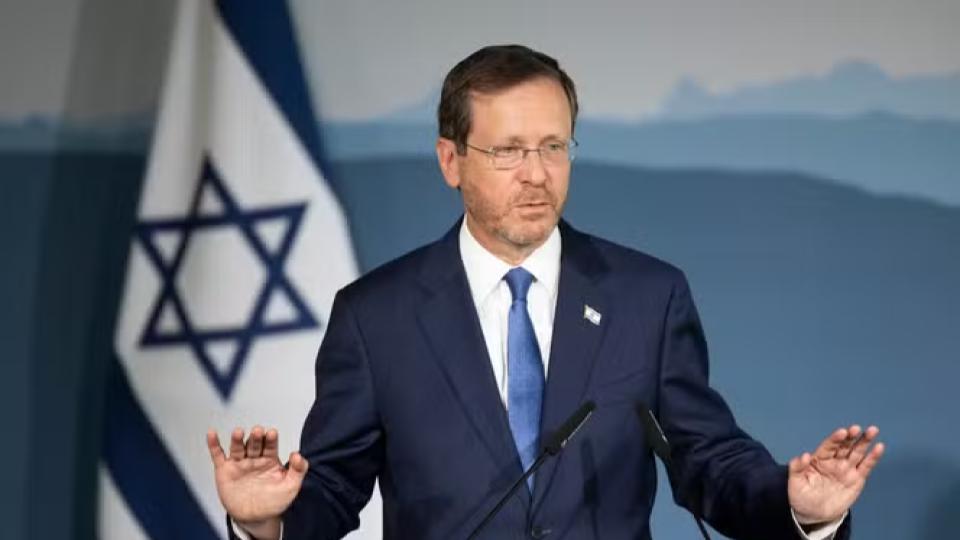
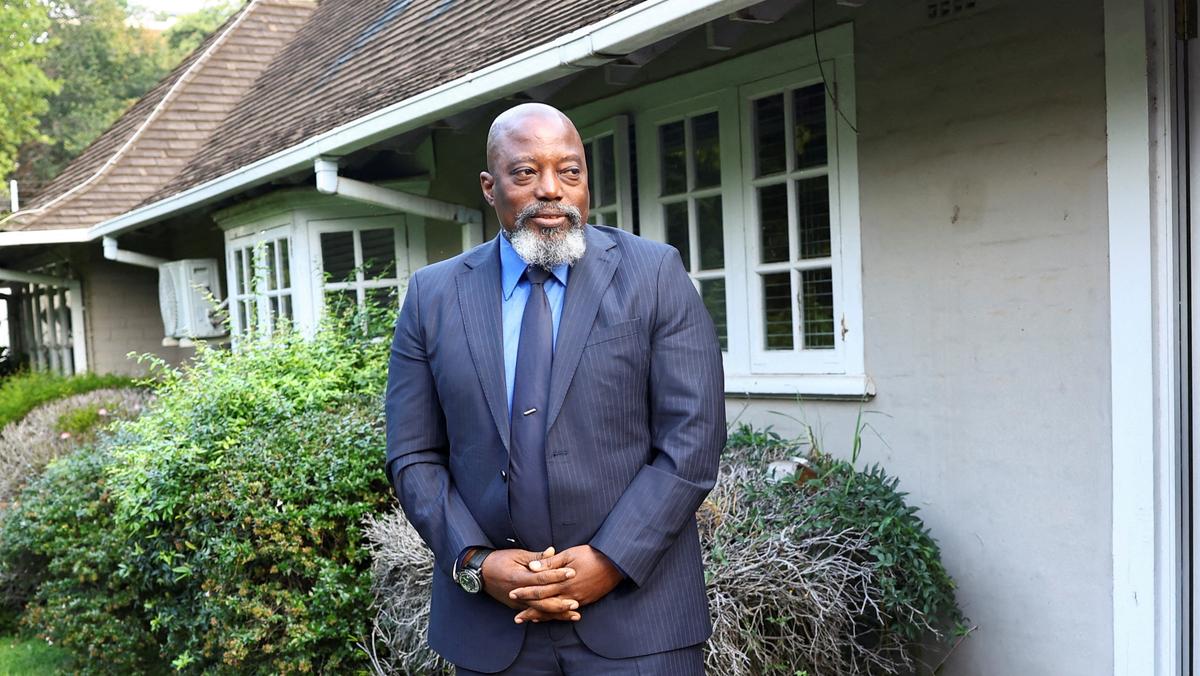

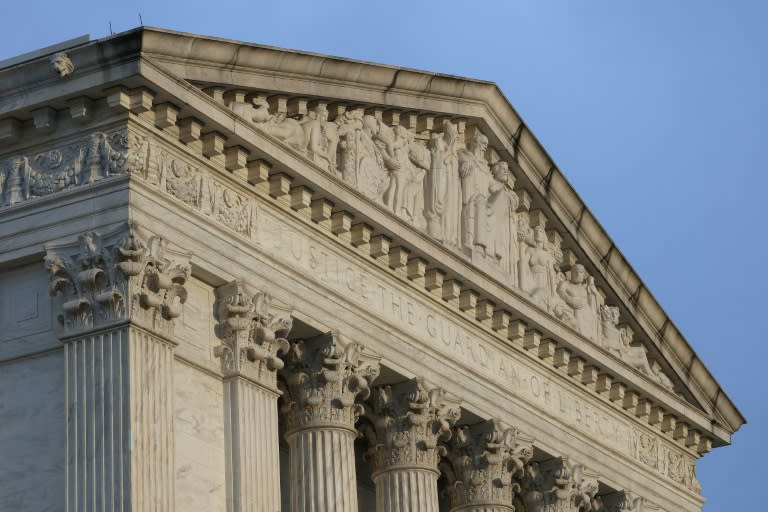

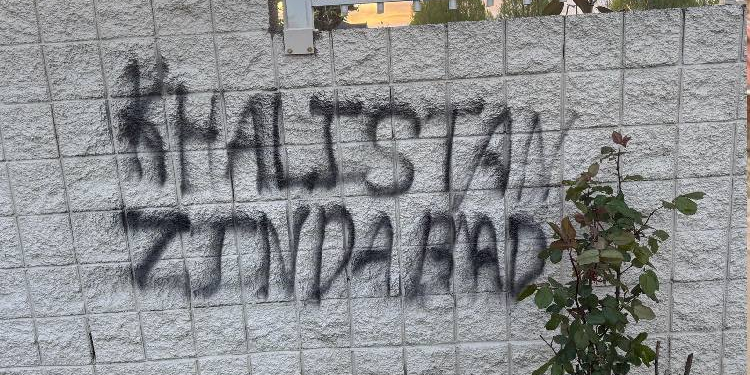

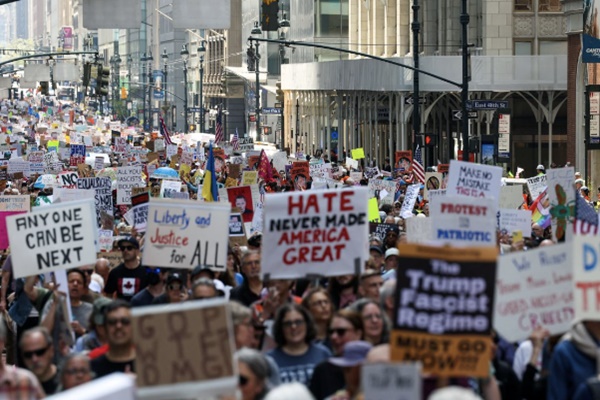


.jpg)



